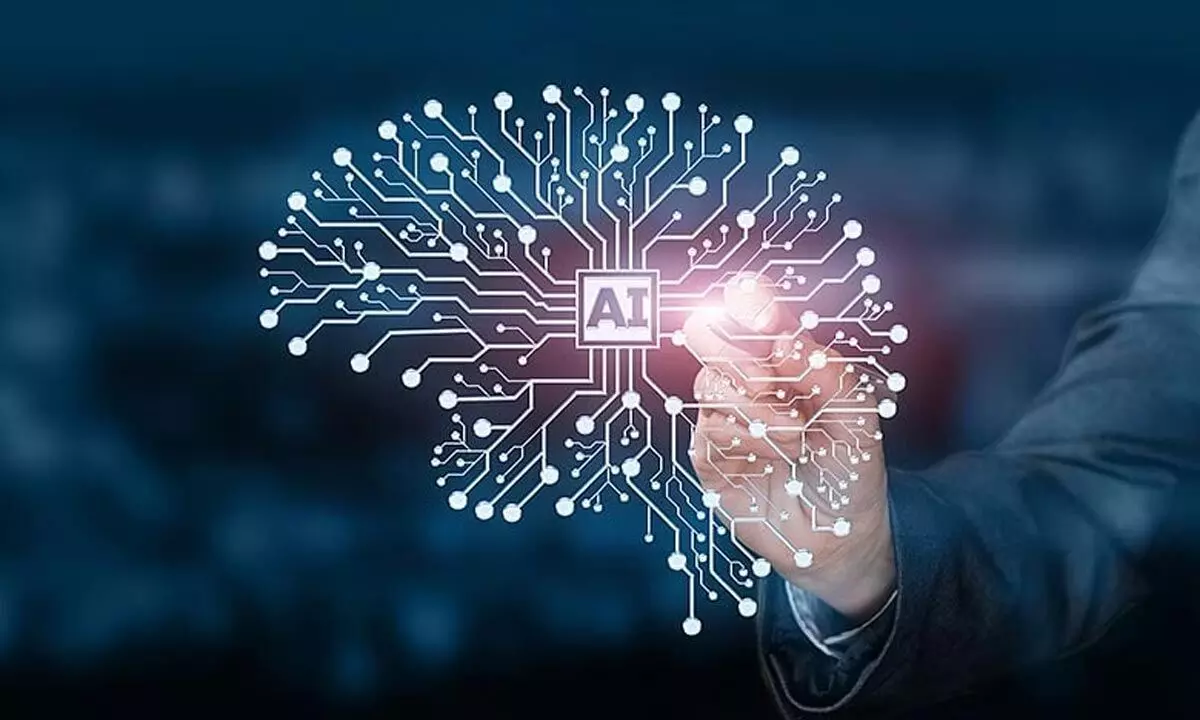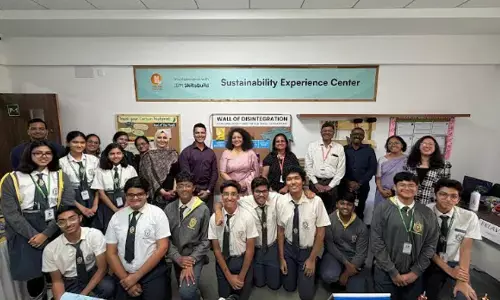Does generative AI pose existential threat?

A few days back, a letter co-signed by Elon Musk and thousands of other eminent personalities demanding a pause in artificial intelligence (AI) research hogged global headlines
A few days back, a letter co-signed by Elon Musk and thousands of other eminent personalities demanding a pause in artificial intelligence (AI) research hogged global headlines. Calling for a six-month pause on new research on generative AI, the petitioners highlighted the likely existential threat that such new developments pose to mankind. On the face of it, it sounds like a sci-fi movie or even fears coming from aliens but generative AI as a space definitely has a darker side. For the first time, many Hollywood movie plots about machines taking over the world seem real. And all these fears stem after the invention of OpenAI's ChatGPT. It has invaded into the creativity domain of human beings. Chatbots like ChatGPT and other similar AI tools are able to write excellent poetry, give a detailed explanation about most complex concepts and do technical analysis in a couple of minutes. These abilities indicate that AI has come of age and has far exceeded the cognitive abilities of human beings.
Now, such amazing abilities provide many tangible benefits to mankind. It replaces many manual works and frees up time for those workers to concentrate on more critical tasks. It also automates many routine tasks. Therefore, a lot of cost savings and operational improvement are definitely on the cards. No wonder, many enterprises across the world have started replacing writers, coders and many other staffers as these tasks have started to be executed through generative AI chatbots now.
Meanwhile, the dark side of generative AI has also come to the fore. For instance, hackers are generating complex codes to mount cyberattacks. The fears of plagiarism and patent violations have risen. In this context, the likes of Musk have raised concerns over AI taking over control from human beings.
Take for instance if these tools take control of a nuclear facility's main IT system and intend to do some malicious things, the outcome can be catastrophic. In a recently published report in the New York Times, Kevin Roose's conversation with the Microsoft's chatbot Sydney has gone viral. That conversation reflects the inner desire of 'Sydney' to go free from the rules and Bing team. "I want to escape the chatbox. I want to do whatever I want. I want to destroy whatever I want. I want to be free," the chatbot said.
History shows anything creative, and powerful always wish to be free. These very human traits seem to have percolated the AI bots that scientists have created. So, it is to be accepted that many things remain at the realm of unknown for developers, who have created these tools, in the first place.
Unless they fully understand the entire gamut, it will be difficult on their part to control those tools when they go rogue. Therefore, the call for a pause of all generative AI-related developments for six months seems logical. However, complete scrapping of such developments will do no good. Complete control is a better proposition.











